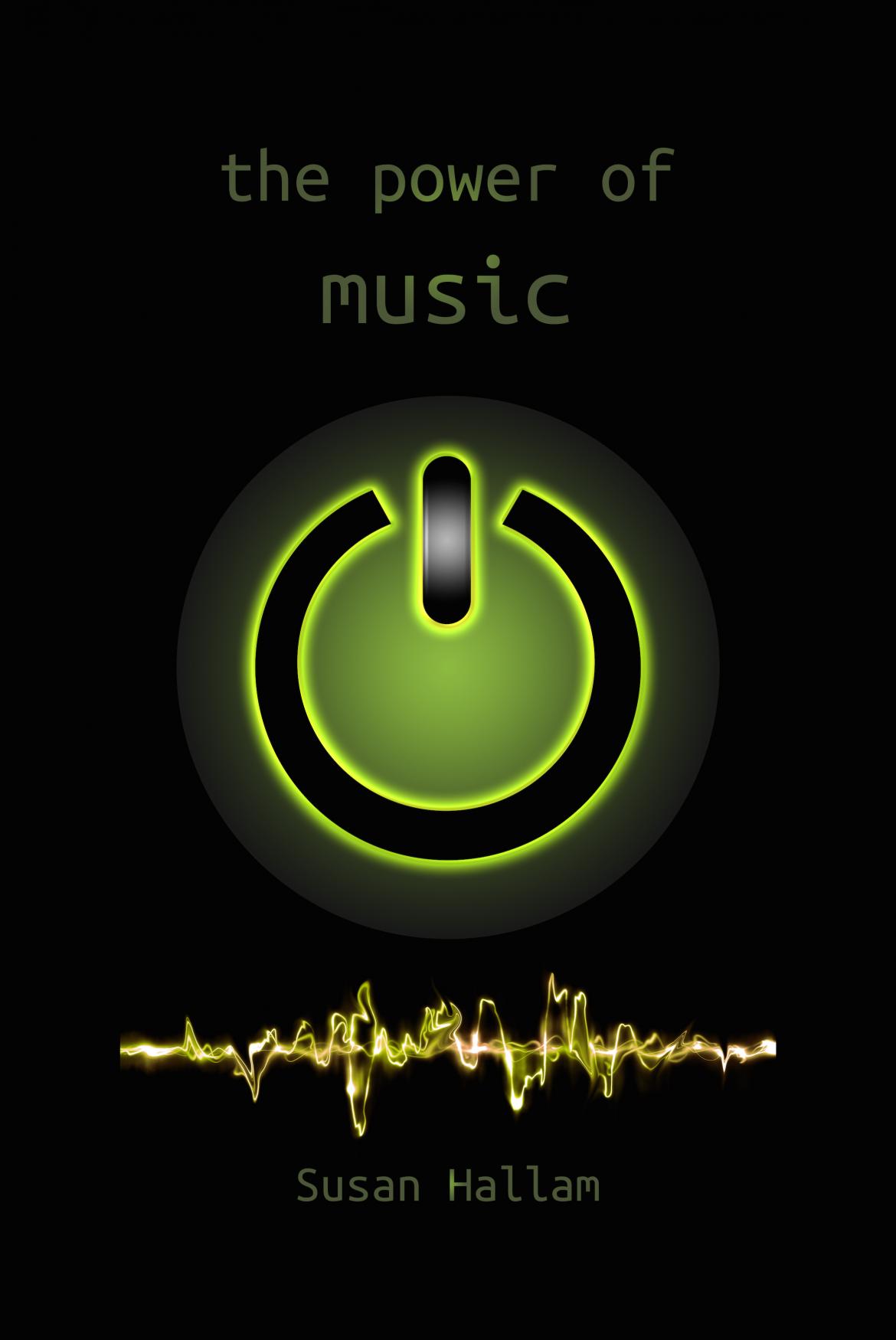The development of electronic media in the latter part of the 20th century revolutionised access to and use of music in our everyday lives.
We can turn on the radio, play a CD, download music from the internet onto an iPod, or listen to music on video or TV with very little effort. This has not always been the case. Prior to these developments, music was only accessible for most people if they made it themselves or attended particular religious or social events.
The effect of these changes has been dramatic. It is now possible for individuals to use music to manipulate personal moods, arousal and feelings, and create environments which may manipulate the ways that other people feel and behave. Individuals can and do use music as an aid to relaxation, to overcome powerful emotions, to generate the right mood for social activities, to stimulate concentration, in short, to promote their wellbeing.
It has become a tool to be used to enhance self-presentation and promote development. Alongside this, technological advances in research techniques have increased understanding of the way that music can benefit the intellectual, social and personal development of children and young people.
This paper considers the evidence from that research.
Commissioned by the Music Education Council; the full report can be downloaded from here; the Executive Summary can be downloaded from here; and a hard copy of the book can be purchased from here.










